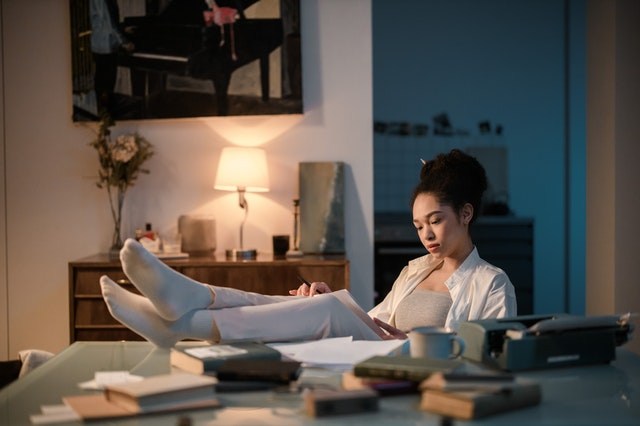Today (10 November 2021) marks Unequal Pay Day in the European Union, meaning that EU women symbolically start working for free for the rest of the year, compared to their male colleagues doing the same job.
While equal pay for equal work has been part of the European Treaties since 1957, PES Women – which promotes gender equality – marks Unequal Pay Day to raise awareness of the fact that on average European women still earn 14.1% less than men for the same work. This equals almost two months' salary.
"Alongside pay discrimination, a principal cause of the gender pay gap is the unequal sharing of household work and care responsibilities," PES Women President Zita Gurmai said in a press release.
"This was already the case before the pandemic but during the lockdowns, women have taken on most of the extra domestic and care work," she added.
Today is European #EqualPayDay.
It's the day when women symbolically stop getting paid compared to their male colleagues for the same job. Check out #EUDataCrunch on pay gap and our proposal for #PayTransparency to ensure equal pay for equal work. — European Commission ?? (@EU_Commission) November 10, 2021
For the rest of 2021, women will be giving away their time, energy and creativity without remuneration, PES Women and Belgian socialist women’s organisation ZIJkant stressed.
“This inequality has a big impact on women’s careers. There is a noticeable shift around the age of 30 when people choose to have children," said Gurmai. "Women are more likely to move to part-time work and take more parental leave, putting their careers on hold."
To make sure the still-existing wage inequality does not go unnoticed, PES Women and ZIJkant developed a short video – "Share tasks equally at home, for equal opportunities at work" – that once again addresses gender inequality at home and on the work floor.
Recent VUB research on how men and women spent their time at home during the lockdowns showed that, on average, men were at home four hours longer but only spent six minutes more on household work compared to 2013.
"This is a strikingly small difference," stated researcher Theun Pieter van Tienoven. "They could not go out to work, go to the sports club or a restaurant. In fact, there were no more excuses, but men still did not spend more time on housekeeping."
Despite the time-old domestic gender roles still existing to this day, "there is still an evolution," said sociologist Ignace Glorieux. "Especially if you look at the 1960s, but it is a very slow one."
This is also shown by the statistics: while there is still a long way to go, the EU is doing slightly better this year than in 2019, when Unequal Pay Day fell on 4 November and the pay gap was still 16%.

